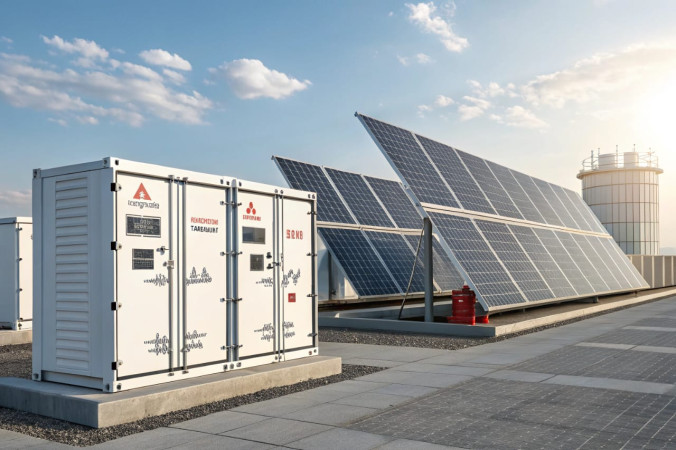
Follow India Renewable Energy News on WhatsApp for exclusive updates on clean energy news and insights
IEA’s Energy Efficiency 2024 Report: Progress, Challenges, and Opportunities
Feb 18, 2025
The International Energy Agency (IEA) has released its Energy Efficiency 2024 report, offering a detailed analysis of global efficiency trends, sector-specific developments, and system-wide challenges. The report underscores the urgent need to accelerate energy efficiency improvements to meet international climate commitments. Here are the key takeaways from the report:
1. Efficiency Progress Falling Short
- The world is not on track to meet the COP28 goal of doubling energy efficiency improvement rates by 2030.
- In 2024, the efficiency improvement rate is estimated at just 1%, half of what is needed to stay on the net-zero pathway.
2. Investment in Efficiency Remains Stagnant
- Efficiency investments in end-use sectors are expected to reach Rs57.42 trillion in 2024, matching the 2022 high but lacking sustained growth.
- Emerging economies require more financial support to scale efficiency initiatives.
3. Electrification Gains Momentum
- Electric vehicle (EV) sales are driving electrification, reducing fossil fuel reliance.
- However, the impact on consumer energy bills varies depending on electricity and fossil fuel price differences.
4. Employment Growth Faces Skills Shortages
- Nearly 10 million people were employed in energy efficiency sectors in 2023.
- A shortage of skilled workers, particularly in HVAC (heating, ventilation, and air conditioning) and construction, is slowing project implementation.
5. Government Policies Need Stronger Implementation
- Over Rs87 trillion has been allocated for efficiency this decade, yet stronger policies are needed.
- Measures such as building codes, appliance standards, and incentives for energy-efficient technologies must be expanded.
Challenges Hindering Progress
- Despite the global energy crisis emphasizing the importance of efficiency, progress has stalled in key regions.
- A shortage of trained workers in critical areas risks delaying efficiency projects.
- Investments are unevenly distributed, with developing nations needing more funding support.
- The export of inefficient products to countries with weak regulations is undermining global efficiency efforts.
Opportunities for Acceleration
- The global agreement to double efficiency progress is a catalyst for policy action.
- Electrification in transport and heating offers major efficiency benefits.
- Addressing skills shortages can create millions of new jobs.
- Efficiency improvements can significantly lower energy bills for low-income households.
While energy efficiency remains a key pillar of the clean energy transition, global progress is not moving fast enough. Urgent action is required to scale up investments, address workforce shortages, and enforce stronger regulations to meet 2030 targets.